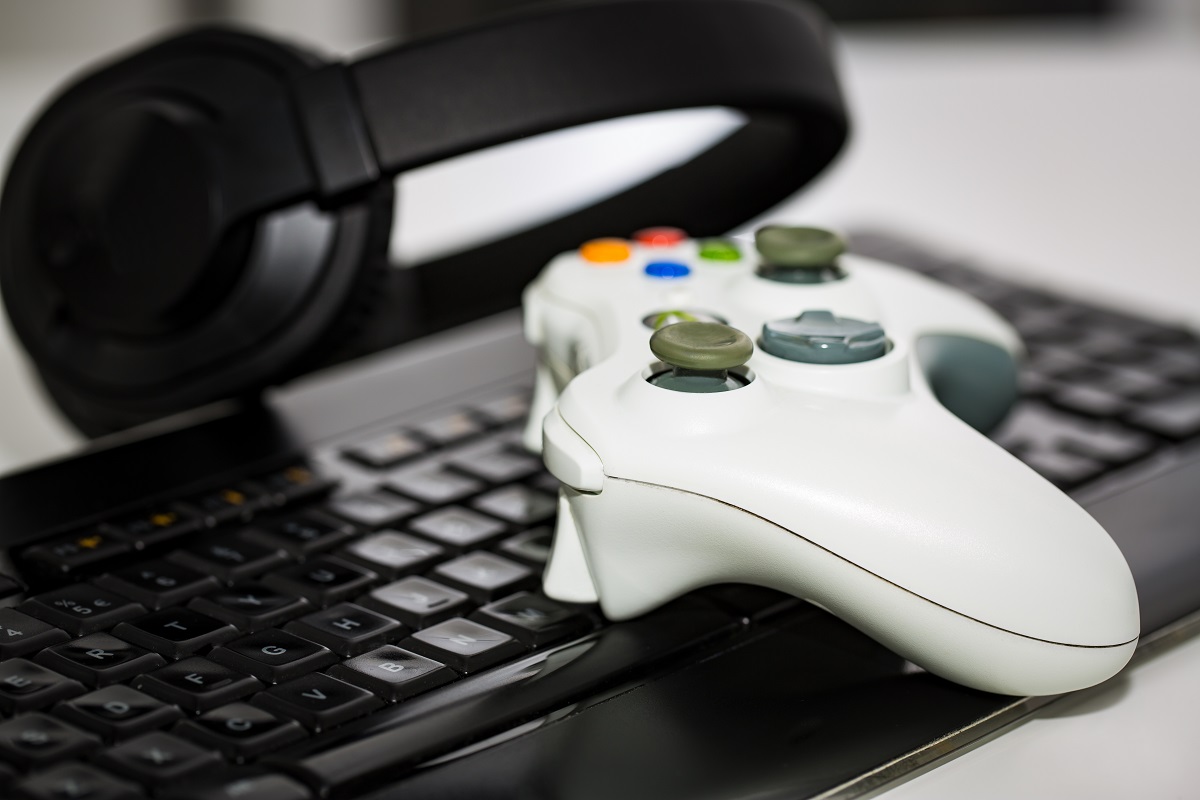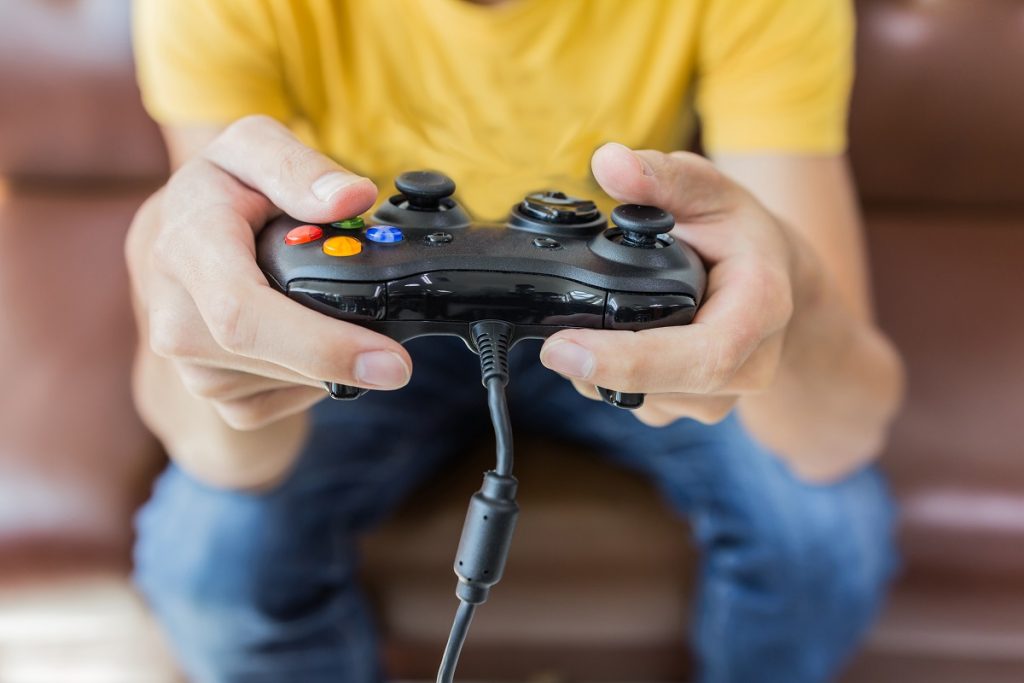- Far from being a couch potato activity, gaming has various physical, mental, and social benefits.
- Gaming reduces stress, enhances cognitive function, improves social skills, and relieves pain.
- Online gaming encourages collaboration and enhances communication skills, providing a robust social platform.
- Preparing for gaming requires a high-performance gaming rig or console, selecting preferred games, and joining online communities.
- Gaming is not just entertainment; it’s an activity that can positively impact overall well-being.
The mention of gaming might evoke images of couch potatoes in front of screens. However, not all types of gaming are created equal. Like other activities, playing games positively affects one’s overall well-being, and it’s about time we debunk gaming myths. Here’s what you need to know about gaming, how gaming can be healthy, and what you need to start gaming.
Gamers Today
It’s estimated that there are about 212 million gamers in the United States alone, with 66% of households having at least one gamer. This number is expected to grow as gaming becomes more accessible and mainstream. However, despite its popularity, there are still many misconceptions about gaming and its impact on individuals and society.
Health Benefits of Being a Gamer
There are various health benefits of being a gamer. Here are some of them:
Decreased Stress

One of the fantastic benefits of gaming is that it can reduce stress and anxiety levels. A recent study revealed that 45 minutes of gaming is enough to quell daily stress. Gaming distracts players from their issues, lowering cortisol levels and reducing stress and anxiety. So, if you’re feeling frazzled, consider picking up your controller and playing some games.
Improved Cognitive Function
Did you know playing games can improve your cognitive function and brain health? It turns out that gaming demands cognitive skills like attention, memory, and problem-solving—areas that require training for the brain to perform well. Research suggests that gaming enhances brain connectivity, which is helpful in disease prevention and restoration. The next time someone tells you gaming is bad for your brain, hit them with the facts.
Enhanced Social Skills
Contrary to popular belief, gaming shouldn’t be a solitary hobby. It could be a way to improve social skills. Many games, such as MMOs, require players to collaborate and work as a team to complete objectives, leading to enhanced communication skills, decision-making, and leadership development. Plus, gaming brings people together through online communities, where chatting about games can be an excellent icebreaker.
Pain Relief
Gaming could also be an excellent aid for pain relief and improving physical health. Research shows that virtual reality games are practical pain relief tools. That’s because immersive games draw attention away from the pain, extinguishing the pain response in the brain. Additionally, games that require physical activity, like dancing, boxing, and sports games, can promote physical exercise, a critical factor in maintaining good health.
Stress-Easing Tool
Finally, gaming can be a valuable tool for healthcare providers to reduce stress and benefit their mental health. With increased workloads and high-stress environments, healthcare providers can benefit from engaging in relaxation techniques. For gaming enthusiasts, this could be their nervous system calming down after a shift at work.
How to Get Started
There are some things you’ll need before you get started. Here are four things:
Gaming Rig
It’s essential to have a good gaming rig to get the most out of your gaming experience. Depending on the type of games you want to play, you may need a high-performance computer. The computer must have graphic cards such as NVIDIA or AMD, a powerful processor, and sufficient RAM to handle the games’ demands. Additionally, consider investing in an affordable customizable gaming mouse. The mouse can help improve your gaming experience, especially for games that require precision and quick reflexes.
Console

If you prefer consoles over PCs for gaming, various options are available. The most popular consoles include PlayStation, Xbox, and Nintendo Switch. Each console has its unique features and exclusive games, so do your research to determine which one is best suited for you.
Games
The next step is to find games that interest you. With so many different genres and types of games available, there’s bound to be something that catches your eye. Research and read reviews to determine which games are worth investing in.
Online Communities
Lastly, join online gaming communities to connect with other gamers, find new friends, and stay up-to-date on the latest gaming news. These communities can also provide tips and tricks for certain games and help you improve your gaming skills.
Gaming is more than just entertainment; it can positively impact one’s physical, mental, and social well-being. It’s time to debunk the misconceptions surrounding gaming and embrace its benefits. With the right equipment, games, and communities, anyone can enjoy the world of gaming and reap its rewards. So, what are you waiting for? Grab your controller or keyboard and start gaming! So next time someone tells you to put down the controller, remind them that gaming can be healthy for you.
